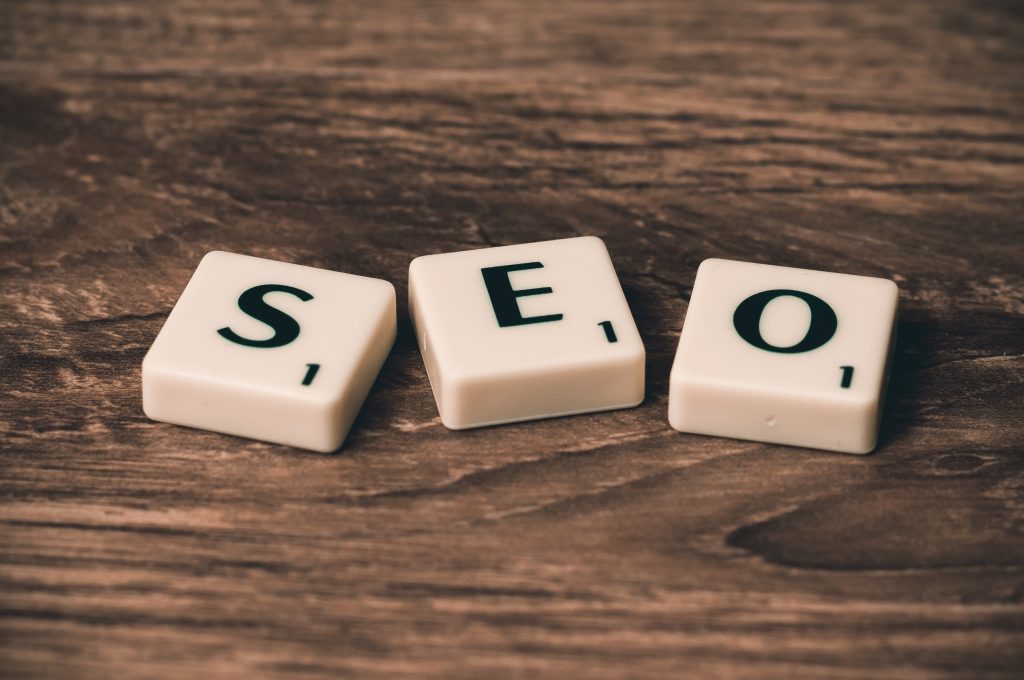When undertaking any SEO campaign, you should always start by fixing any issues on your website and ensuring it is optimised for SEO. When talking about SEO, we often focus on finding quality backlinks, keywords and blogging, and often people neglect the technical aspects of their website. Improving these will give you a solid foundation from which to kick-start your SEO campaign. This is because, for example, if you do not have a sitemap, Google might not be crawling some pages you are trying so hard to rank for, making your efforts futile.
All the changes outlined below will improve user experience, and so you will be rewarded by Google. This is because, Google wants its users to be shows the best, most relevant sites for their search to keep them using their search engine. So by focusing on improving user experience, will help your SEO campaign.
Not submitting a sitemap to Google
As mentioned above, submitting a sitemap to Google will ensure Google is crawling your whole website, will show Google which pages are the most important, and ultimately it will ensure Google will rank all your important pages. Moz explains the importance of sitemaps: “It is important to note that by submitting an XML sitemap to Google Search Console, you’re giving Google a clue that you consider the pages in the XML sitemap to be good-quality search landing pages, worthy of indexation.”
Confusing URLs
Always ensure that your URLs are user friendly. They should explain what the webpage contains and should not be too long. This will help users navigate your website, which is again seen as a positive by Google. However, keep in mind that if you change existing URLs, your previous SEO efforts for that page will be lost. If you have already started an SEO campaign, you might choose instead to only ensure any new pages and blogs you add have user friendly URLs, and not change the existing ones.
Not adding alt attributes to images
As Google cannot see images (yet!) is it essential you add alt attributes to all your images. These should explain exactly what the image contains, perhaps using a keyword if natural, helping Google rank your site for these images. These will also improve the accessibility of your website, and therefore improve user experience. For a complete guide on alt tags, follow this link to the Yoast blog.
Having a non-responsive website
As of 2016, more users are accessing the internet from their mobiles than from a desktop. This means, making sure your website is mobile friendly is more important than ever and will ensure you are rewarded by Google.
Slow page speed
If your site takes a while to load, chances are, users will simply search for another similar website. Therefore, slow websites will have difficulty ranking as Google will penalise you. There are a number of ways to improve your speed, including optimising your images and minifying your images. There are also a number of plugins you can use.
Emails in plain text
Always remove emails from plain text to avoid being targeted by spammers, and to avoid being penalised by Google.
Not enough text
Ideally, each page on your website should have at least 500 words of content. Any less than this is regarded as “thin content” by Google. Ensure you aren’t just including more content for the sake of it, but make sure the 500 words helps you give valuable content to your visitors.
These are just some of the ways you can improve your website to help kick-start your SEO campaign. For more help with your SEO campaign, get in touch with the Webahead team today.


